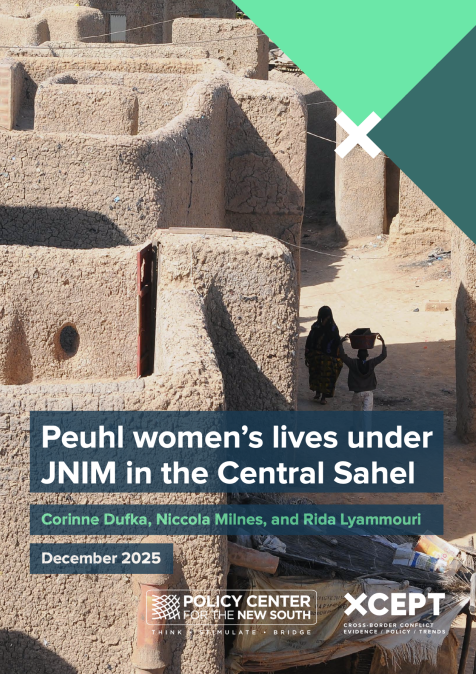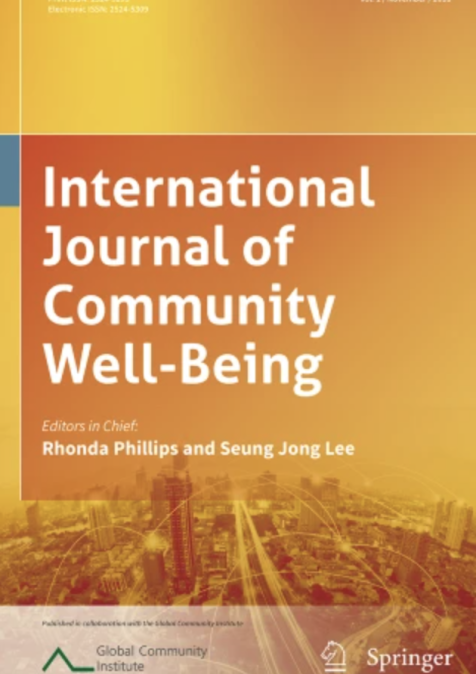Publications /
Opinion
She is just seventeen. An African-American high-school student. If Darnella Frazier had not turned on her cellphone on May 25, when she witnessed four police officers arresting a black man in Minneapolis, the world would never have known how George Floyd died that day, or why. A convenience store employee had called the police, accusing Mr Floyd of buying cigarettes with a fake $20 bill. Possibly Mr Floyd resisted arrest, which did not result in a “medical incident” as the police initially claimed, but allegedly in his murder. Frazier’s video proves that one officer put a knee on the neck of the arrested man. George Floyd said repeatedly “I can‘t breathe”, but there was no mercy.
Once Darnella’s cellphone recording was transferred to social media, all hell broke loose. A collective “I can’t breathe” swept through the United States, which is still struggling with the COVID-19 pandemic. The recording triggered some looting, while others marched, ignoring police and curfew orders. The U.S., which had a few weeks previously accused China of police brutality in battling protesters in Hong Kong, was facing chaos. One CNN commentator warned in a broadcast: “we are one video away from a rebellion”. Videos, published on the internet as digital documentation of police brutality and the militarization of the nation, were now dictating the news. The death of George Floyd was one too many. About 300 African Americans are killed by police annually in the US, according to respected British medical magazine The Lancet. Many of these have been recorded by bystanders on video, published on the internet, and then spread by TV channels around the globe.
The killing of Ahmaud Arbery in April 2020 was one such case. He was shot while jogging by a white man and his son. Police and prosecutors initially remained silent, but just as the tragedy seemed to fade away, a video appeared, capturing the crime. Consequently, the alleged killers were arrested. Then on June 4, in Buffalo, New York, a (white) protester, 75 years of age, approached a group of police officers. One pushed him out of the way. The man fell, hitting his head on the pavement, causing bleeding. The policemen ignored their victim, reporting that he “tripped and fell”. A video of the incident proved them liars.
Utopian Dimension
Images of police brutality fuel outrage and galvanize movements. Modern videos are a reminder that between 1877 and 1950 about 41,000 African Americans were lynched, and some of these barbaric scenes were photographed and the images mailed as greeting cards. In March 1991—a year that possibly marked the beginning of video journalism, a trucker named Rodney King, who had tried to escape arrest on a highway near Los Angeles, was finally stopped and brutally punished by 14 policemen, of whom four were finally accused in court of criminal behavior. A man filmed the incident from a nearby balcony and sent the footage to a local TV station. Outrage ensued. One year later Los Angeles was burning, six days of violence, because the court acquitted the policemen. Three years after the brutal attack, the city of LA paid Rodney King $3.8 million in damages.
‘Fire in the Prairie’
Videos offer global reach. Each day, a billion videos are watched on YouTube. Many of the anti-police brutality demonstrators, often white and young, confirmed to TV reporters that for the first time in their lives they participated in political protests “only because we were alarmed by the video” of Floyd’s death, reported Associated Press. One of the most respected sociologists of our time, the Spanish born Manuel Castells, presently Spain’s Minister of Universities, suggested that because of the connection to wireless communication and its ubiquitous power of communication, images, sound, news and ideas, “diffuse as fire in the prairie before any deliberate control can stop it”. The death of George Floyd not only enraged large elements of U.S. society, but documented digital power. The internet has become an unrestricted global space, used by billions, based on networks that convey “messages from many to many, from local to global to local, in real time, or chosen time”, in an “explosion of almost utopian dimensions”, according to Castells.
The opinions expressed in this article belong to the author.









